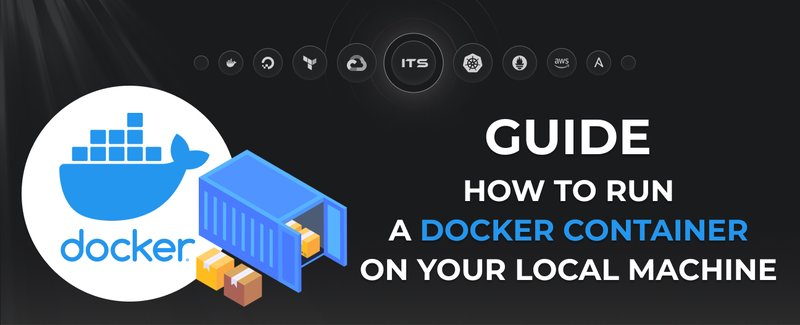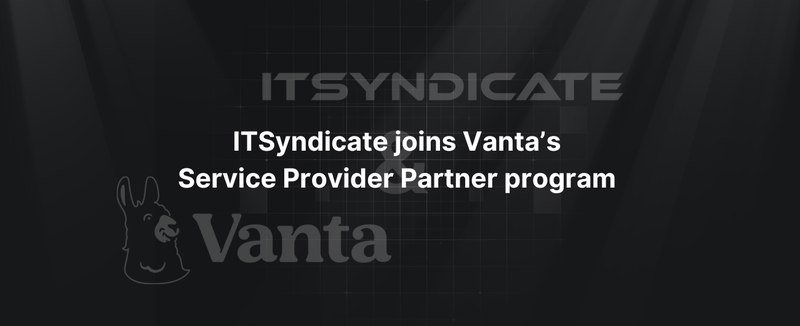In the startup world, achieving sustainable advantage often depends on making smart strategic decisions early on. A crucial yet frequently overlooked move is the timely integration of DevOps practices. In this article, we'll examine why it's worth considering DevOps practices from the beginning and how they can improve your startup. Increase productivity, maximize ROI, and avoid pitfalls derailing your plans. All this can bring DevOps practices to your project, and neglecting it can slow down your growth or even stop it without allowing your brilliant idea to be realized.
DevOps adoption in startups
In the startup ecosystem, it's common to see a primary focus on immediate product development and market entry. However, this rush often leads to overlooking critical infrastructure and process optimization. DevOps, a methodology that blends software development (Dev) with IT operations (Ops), is not just an IT strategy but a business advantage. By adopting DevOps, startups ensure continuous integration and delivery (CI/CD), robust cloud environments, and a culture that prioritizes efficiency and innovation.
Startups operate under tight budgets and high expectations. Every resource spent needs to justify its return on investment (ROI). DevOps streamlines processes, reduces the time between coding and deployment, and minimizes errors. This efficiency translates into better use of resources, faster time-to-market, and ultimately, a better ROI.
Why hire a DevOps engineer early
- Correct project architecture: a DevOps engineer helps in architecting the project right from the start. They ensure scalability and stability, which are vital for a growing startup.
- Efficient cloud services management: with cloud computing being integral to startups, a DevOps engineer skillfully navigates through cloud services, ensuring cost-effectiveness and optimal performance.
- Backup and disaster recovery: data is the lifeblood of any digital venture. DevOps practices include robust backup strategies and swift disaster recovery solutions, safeguarding against data loss.
- Automation: startups need to move fast. Automating repetitive tasks is key in maintaining this pace, allowing developers to focus on innovation rather than maintenance.

Practical tips for startup success with DevOps
- Start with a DevOps mindset: foster a culture where DevOps principles are ingrained from the top down. Emphasize collaboration, continuous improvement, and automation.
- Focus on CI/CD: implement continuous integration and continuous delivery from the early stages. This ensures faster, more reliable product iterations.
- Choose the right tools: select tools that align with your startup’s needs and scale. Popular choices include Gitlab for CI/CD, Docker for containerization, and Kubernetes for orchestration.
- Prioritize security: integrate security practices into your DevOps pipeline (DevSecOps). This proactive approach to security saves time and resources in the long run.
- Leverage cloud environments wisely: utilize cloud services for their scalability and flexibility but remain vigilant about cost management.
- Measure and optimize: regularly review performance metrics and optimize processes. Data-driven decisions are key in refining DevOps practices.
The strategic power of embracing DevOps
For small and medium-sized startups, integrating DevOps is not just a technological upgrade but a strategic business decision. Early adoption of DevOps can be the difference between a startup that thrives and one that struggles to keep pace. By focusing on CI/CD, efficient cloud usage, and a culture of continuous improvement, startups can lay a foundation for long-term success, innovation, and resilience in a competitive market.
Docker commands and Dockerfile usage for running containers on a local machine
Docker commands and Dockerfile usage for running containers on a local machine
Netflix tech stack for powering streaming backend and cloud solutions





